Friday, October 19, 2007
Short Story by Sue Blott
This story by Thunder Bay's Sue Blott won first prize for fiction for 2001 in the annual contest of the Northwestern Ontario Writers’ Workshop. It was published in the Thunder Bay Guild's first anthology: Forty Below in the Shade
SILVERY BELLY UP
By Sue Blott
"Helga Schmidt!" the nurse calls into the waiting room. Helga rises and shrugs her shoulders to dislodge germs, which she feels swarm around her like feasting blackflies, then she follows the young woman.
They stop at a bright room and the nurse points inside. Fluorescent light bounces off white, glossy walls. Helga remembers a paint commercial that promoted thousands of shades of white and wonders if Doctor's Office White, a tint all its own, was one of them.
“What seems to be the problem?" asks the nurse.
Well, the crows that roost on my brain stem are heavy these days. They flock to haunt me with their October smell of wood smoke and ripe apples, and flutter their wings like a shimmering death cloak. A murder of crows…killing me softly with their weight until brain stem branches snap and fall on the ground so crows can use them to build nests elsewhere in my brain.
"Oh, I'm here for a physical. And I've been feeling a bit down," Helga says. "Can't seem to shake it."
The nurse nods, understanding nothing. "Just undress. Doctor'll be with you shortly."
The door clicks closed and Helga's alone with a pale mirror face and kaleidoscopic fears. As she unzips her skirt, the noise echoes like a sudden fart, unmentionable in the sterile room. Helga slips out of her skirt and peers at her face in the chrome soap dispenser. Her nose, big and spreading, obliterates her eyes and mouth. She giggles and, in a sudden fit of childish glee, hums the striptease song and tugs on a sweater sleeve. "Ta-dum-de-dum, da dum de dum…" Then she pulls the other sleeve so her arms are free, graceful hands twirling in the air, the sweater like ten saggy chins around her neck. The doctor knocks, the door opens, and Helga freezes like a Greek statue in briefs too brief beneath rolls of abdominal fat and a grubby underwire bra.
"I'll--ahem--come back later," says Dr. Henderson. He turns and bumps into a scrub-faced, fine-haired student who follows too closely.
"No, wait, please come in!" Helga presses a hospital gown, crisp linen cold, against her chest.
"I'll only be a minute, promise." The doctor smiles, mutters something about privacy, and leaves. Helga undresses quickly, contorts herself to tie the gown, decides she can live with the top tie open and perches high on the crinkly white paper of the examining table. She sits with hands under thighs so her legs swing free. A good girl now.
Helga's hair brushes a mobile of insipid-coloured, rice paper fish, making it spin. One colour in particular, salmon-pink, makes her stomach heave. An image of a dead quail assaults her mind. She discovered it lying, stiff-feathered, on a neighbour's porch one frosty morning as she delivered flyers. The quail had no eye, only a salmon-pink glistening socket. After the shock of seeing it, she looked away, but too late--the sight had been branded on her mind, a morbid image which floats like dead fish, silvery belly up, to the surface of her memory at moments when she least expects it, like now in the doctor's office. Her shoulders sag. Another crow settles.
A knock on the door disrupts her thoughts. "Come in," says Helga. She smiles, understanding the visible relief on her doctor's face as he discovers her, decent and covered, on the table. She imagines being a dead fish image to him--a sudden vision of herself, dancing in bra and panties, which rises in his mind during Neebing Roadhouse luncheons when he sees plumply folded white napkins.
Helga tells the doctor and the student her problem is the crows and their nests, their presence, their weight, their blackness which blocks all light. The doctor listens and scribbles, nibbles on a blue pen top, seems to recall an image, then writes more. He prescribes pills which he promises will stop the birds from pecking and nesting further.
Everyone smiles. The doctor and student briefly examine her, but prescribe nothing else before leaving. Helga dresses quickly, clutches her prescription, and walks to the pharmacy next door. She stands in a line of three people and looks around. On the far wall is a poster: a red apple glazed with dew against a black background, one leaf twisting upwards. Helga sways and closes her eyes as a paralyzing image sweeps over her.
Five years old, 1939, in Czechoslovakia, Helga was lagging behind her father and three older sisters on the way to church across muddy fields. She buttoned her woolen coat against the biting autumn wind and wished her mother and the baby had come so everyone would slow to their pace. But they had stayed home, feverish, by the coal fire. Helga's rubber boots squelched in the mud as she struggled to keep up with her family. In trees, crows cawed. Helga's left foot slid and stuck in the muck making her stumble forward. Her pigtails flew in front of her face, but she caught her balance. As she tried to lift her foot, mud oozed around it and her boot sank deeper.
"Dad! Help! Da-a-a-d!"
Her father turned, saw her trouble, and strode towards her while her sisters snickered. With strong hands, he lifted her up, right out of her boot, and carried her to a grassy knoll by her sisters. They waited together, with Helga perched on one foot, while their father walked back across the field to retrieve the boot. He pulled it from the mud and held it up over his head.
"Yaaaah!" Helga and her sisters clapped and cheered as he walked towards them, the boot dripping globs of mud, high in the air. Then they saw an arm, caked in muck, rising behind him. It lifted stiffly out of the ground and rested fist up towards the grey October sky. No one screamed; Helga pointed. Their father looked, then ran back through the mud. The sisters followed. Helga hopped first, then ran, one booted foot, one clad in a sock, to where her father scrambled on his knees digging in a frenzy to expose the body.
With both hands, Helga tugged at her father's jacket sleeve, pulling hard. "Daddy, stop! Your trousers are dirty. Mummy'll be angry. Please stop!"
But her hand jerked with each pull of her father's arm and she knew he had no idea she was there any more. When he growled, "Go into town. Get help!" Helga's sisters scurried away. Helga started to follow them, then stopped. With a stone cold horror, she recognised the red shirt sleeve and the fisted hand: Wilheim Strauss.
On Wednesday the week before, she had spied Wilheim Strauss coming down the lane as she played with her rag doll by the hollow oak tree. He came closer, carrying a bushel of apples from his father's orchard. Helga stopped chattering to her doll and hid behind the tree trunk. But Wilheim had seen her.
"Hello? Helga? I have something for you."
She peered out. With a grubby hand and nails embedded with dirt, he offered her an apple, red as his shirt. "It's for you," he said with a smile and a flash of white teeth. Helga ducked behind the tree again and hugged her doll.
"I'll leave it here. They're best after first frost, juicy and ripe."
She watched as he nestled the apple in grass at the tree base, then sauntered down the lane, whistling. When he was almost out of sight, Helga grabbed the apple and bit into it. Juice trickled down her chin and, as she crunched, she offered the apple to her doll.
"Eat up. It'll put roses in your cheeks," she whispered.
From the end of the path, Wilheim hollered, "Told you they're the best!"
Watching her father madly dig, Helga finally understood late night whispers around the kitchen table about young farm lads being hustled into Hitler's army and dark days for those who refused or ran. She knelt on her woolen coat beside her father and clawed at the cold ground with tiny hands to uncover Wilheim Strauss lying silent, eyes staring blankly.
"Hey, move up there, lady!" a man from the back of the pharmacy line calls and Helga edges forward, the weight of the crows almost unbearable, their incessant noise echoing in her head. She reads the apple poster: "An apple a day keeps the doctor away." Her boots puddle muddy slosh from outside. Two blurry prints, her mark in life. In one corner of the pharmacy, a young girl, with hair stringy as her mop, cleans between aisles. She advances and the line-up side-shuffles. But Helga refuses to move. What if her muddy footprints were the only impression she left on the world? The birds' wings flap together like an oily tidal wave and panic seizes her. Her name is called, her prescription filled. Somehow she reaches the counter and picks up her bottle of pills. On the way out, Helga walks past the cleaning girl who mops up Helga's marks with a gleam in her eye.
Helga drives to the Kaministiquia boat launch. Mount MacKay's reflection ripples in the river and, as she walks towards the water, it splashes over the toes of her boots. A single crow caws and Helga stops. On a jutting rock, she sees a crow crowd, with toddler greed, around its carrion--a fish head. The fish's eye glares; the crow's eye winks. In a rapid movement, the crow plucks the fish eye from the head and swallows it with a neck-stretching gulp and repulsive pleasure.
Helga cradles the plastic pill bottle. Then she shakes it in the silence, louder, harder, until it rattles like a shaman's medicine stick. Crows scatter in flight.
SILVERY BELLY UP
By Sue Blott
"Helga Schmidt!" the nurse calls into the waiting room. Helga rises and shrugs her shoulders to dislodge germs, which she feels swarm around her like feasting blackflies, then she follows the young woman.
They stop at a bright room and the nurse points inside. Fluorescent light bounces off white, glossy walls. Helga remembers a paint commercial that promoted thousands of shades of white and wonders if Doctor's Office White, a tint all its own, was one of them.
“What seems to be the problem?" asks the nurse.
Well, the crows that roost on my brain stem are heavy these days. They flock to haunt me with their October smell of wood smoke and ripe apples, and flutter their wings like a shimmering death cloak. A murder of crows…killing me softly with their weight until brain stem branches snap and fall on the ground so crows can use them to build nests elsewhere in my brain.
"Oh, I'm here for a physical. And I've been feeling a bit down," Helga says. "Can't seem to shake it."
The nurse nods, understanding nothing. "Just undress. Doctor'll be with you shortly."
The door clicks closed and Helga's alone with a pale mirror face and kaleidoscopic fears. As she unzips her skirt, the noise echoes like a sudden fart, unmentionable in the sterile room. Helga slips out of her skirt and peers at her face in the chrome soap dispenser. Her nose, big and spreading, obliterates her eyes and mouth. She giggles and, in a sudden fit of childish glee, hums the striptease song and tugs on a sweater sleeve. "Ta-dum-de-dum, da dum de dum…" Then she pulls the other sleeve so her arms are free, graceful hands twirling in the air, the sweater like ten saggy chins around her neck. The doctor knocks, the door opens, and Helga freezes like a Greek statue in briefs too brief beneath rolls of abdominal fat and a grubby underwire bra.
"I'll--ahem--come back later," says Dr. Henderson. He turns and bumps into a scrub-faced, fine-haired student who follows too closely.
"No, wait, please come in!" Helga presses a hospital gown, crisp linen cold, against her chest.
"I'll only be a minute, promise." The doctor smiles, mutters something about privacy, and leaves. Helga undresses quickly, contorts herself to tie the gown, decides she can live with the top tie open and perches high on the crinkly white paper of the examining table. She sits with hands under thighs so her legs swing free. A good girl now.
Helga's hair brushes a mobile of insipid-coloured, rice paper fish, making it spin. One colour in particular, salmon-pink, makes her stomach heave. An image of a dead quail assaults her mind. She discovered it lying, stiff-feathered, on a neighbour's porch one frosty morning as she delivered flyers. The quail had no eye, only a salmon-pink glistening socket. After the shock of seeing it, she looked away, but too late--the sight had been branded on her mind, a morbid image which floats like dead fish, silvery belly up, to the surface of her memory at moments when she least expects it, like now in the doctor's office. Her shoulders sag. Another crow settles.
A knock on the door disrupts her thoughts. "Come in," says Helga. She smiles, understanding the visible relief on her doctor's face as he discovers her, decent and covered, on the table. She imagines being a dead fish image to him--a sudden vision of herself, dancing in bra and panties, which rises in his mind during Neebing Roadhouse luncheons when he sees plumply folded white napkins.
Helga tells the doctor and the student her problem is the crows and their nests, their presence, their weight, their blackness which blocks all light. The doctor listens and scribbles, nibbles on a blue pen top, seems to recall an image, then writes more. He prescribes pills which he promises will stop the birds from pecking and nesting further.
Everyone smiles. The doctor and student briefly examine her, but prescribe nothing else before leaving. Helga dresses quickly, clutches her prescription, and walks to the pharmacy next door. She stands in a line of three people and looks around. On the far wall is a poster: a red apple glazed with dew against a black background, one leaf twisting upwards. Helga sways and closes her eyes as a paralyzing image sweeps over her.
Five years old, 1939, in Czechoslovakia, Helga was lagging behind her father and three older sisters on the way to church across muddy fields. She buttoned her woolen coat against the biting autumn wind and wished her mother and the baby had come so everyone would slow to their pace. But they had stayed home, feverish, by the coal fire. Helga's rubber boots squelched in the mud as she struggled to keep up with her family. In trees, crows cawed. Helga's left foot slid and stuck in the muck making her stumble forward. Her pigtails flew in front of her face, but she caught her balance. As she tried to lift her foot, mud oozed around it and her boot sank deeper.
"Dad! Help! Da-a-a-d!"
Her father turned, saw her trouble, and strode towards her while her sisters snickered. With strong hands, he lifted her up, right out of her boot, and carried her to a grassy knoll by her sisters. They waited together, with Helga perched on one foot, while their father walked back across the field to retrieve the boot. He pulled it from the mud and held it up over his head.
"Yaaaah!" Helga and her sisters clapped and cheered as he walked towards them, the boot dripping globs of mud, high in the air. Then they saw an arm, caked in muck, rising behind him. It lifted stiffly out of the ground and rested fist up towards the grey October sky. No one screamed; Helga pointed. Their father looked, then ran back through the mud. The sisters followed. Helga hopped first, then ran, one booted foot, one clad in a sock, to where her father scrambled on his knees digging in a frenzy to expose the body.
With both hands, Helga tugged at her father's jacket sleeve, pulling hard. "Daddy, stop! Your trousers are dirty. Mummy'll be angry. Please stop!"
But her hand jerked with each pull of her father's arm and she knew he had no idea she was there any more. When he growled, "Go into town. Get help!" Helga's sisters scurried away. Helga started to follow them, then stopped. With a stone cold horror, she recognised the red shirt sleeve and the fisted hand: Wilheim Strauss.
On Wednesday the week before, she had spied Wilheim Strauss coming down the lane as she played with her rag doll by the hollow oak tree. He came closer, carrying a bushel of apples from his father's orchard. Helga stopped chattering to her doll and hid behind the tree trunk. But Wilheim had seen her.
"Hello? Helga? I have something for you."
She peered out. With a grubby hand and nails embedded with dirt, he offered her an apple, red as his shirt. "It's for you," he said with a smile and a flash of white teeth. Helga ducked behind the tree again and hugged her doll.
"I'll leave it here. They're best after first frost, juicy and ripe."
She watched as he nestled the apple in grass at the tree base, then sauntered down the lane, whistling. When he was almost out of sight, Helga grabbed the apple and bit into it. Juice trickled down her chin and, as she crunched, she offered the apple to her doll.
"Eat up. It'll put roses in your cheeks," she whispered.
From the end of the path, Wilheim hollered, "Told you they're the best!"
Watching her father madly dig, Helga finally understood late night whispers around the kitchen table about young farm lads being hustled into Hitler's army and dark days for those who refused or ran. She knelt on her woolen coat beside her father and clawed at the cold ground with tiny hands to uncover Wilheim Strauss lying silent, eyes staring blankly.
"Hey, move up there, lady!" a man from the back of the pharmacy line calls and Helga edges forward, the weight of the crows almost unbearable, their incessant noise echoing in her head. She reads the apple poster: "An apple a day keeps the doctor away." Her boots puddle muddy slosh from outside. Two blurry prints, her mark in life. In one corner of the pharmacy, a young girl, with hair stringy as her mop, cleans between aisles. She advances and the line-up side-shuffles. But Helga refuses to move. What if her muddy footprints were the only impression she left on the world? The birds' wings flap together like an oily tidal wave and panic seizes her. Her name is called, her prescription filled. Somehow she reaches the counter and picks up her bottle of pills. On the way out, Helga walks past the cleaning girl who mops up Helga's marks with a gleam in her eye.
Helga drives to the Kaministiquia boat launch. Mount MacKay's reflection ripples in the river and, as she walks towards the water, it splashes over the toes of her boots. A single crow caws and Helga stops. On a jutting rock, she sees a crow crowd, with toddler greed, around its carrion--a fish head. The fish's eye glares; the crow's eye winks. In a rapid movement, the crow plucks the fish eye from the head and swallows it with a neck-stretching gulp and repulsive pleasure.
Helga cradles the plastic pill bottle. Then she shakes it in the silence, louder, harder, until it rattles like a shaman's medicine stick. Crows scatter in flight.
Subscribe to:
Post Comments (Atom)




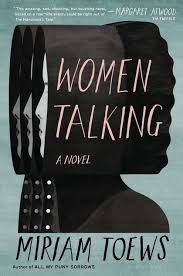
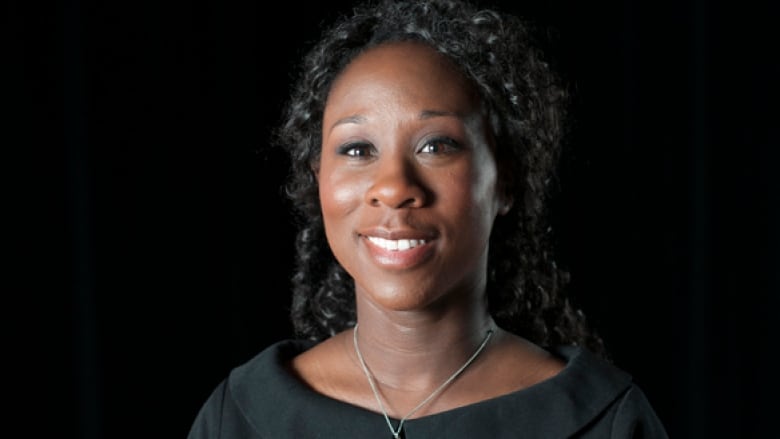
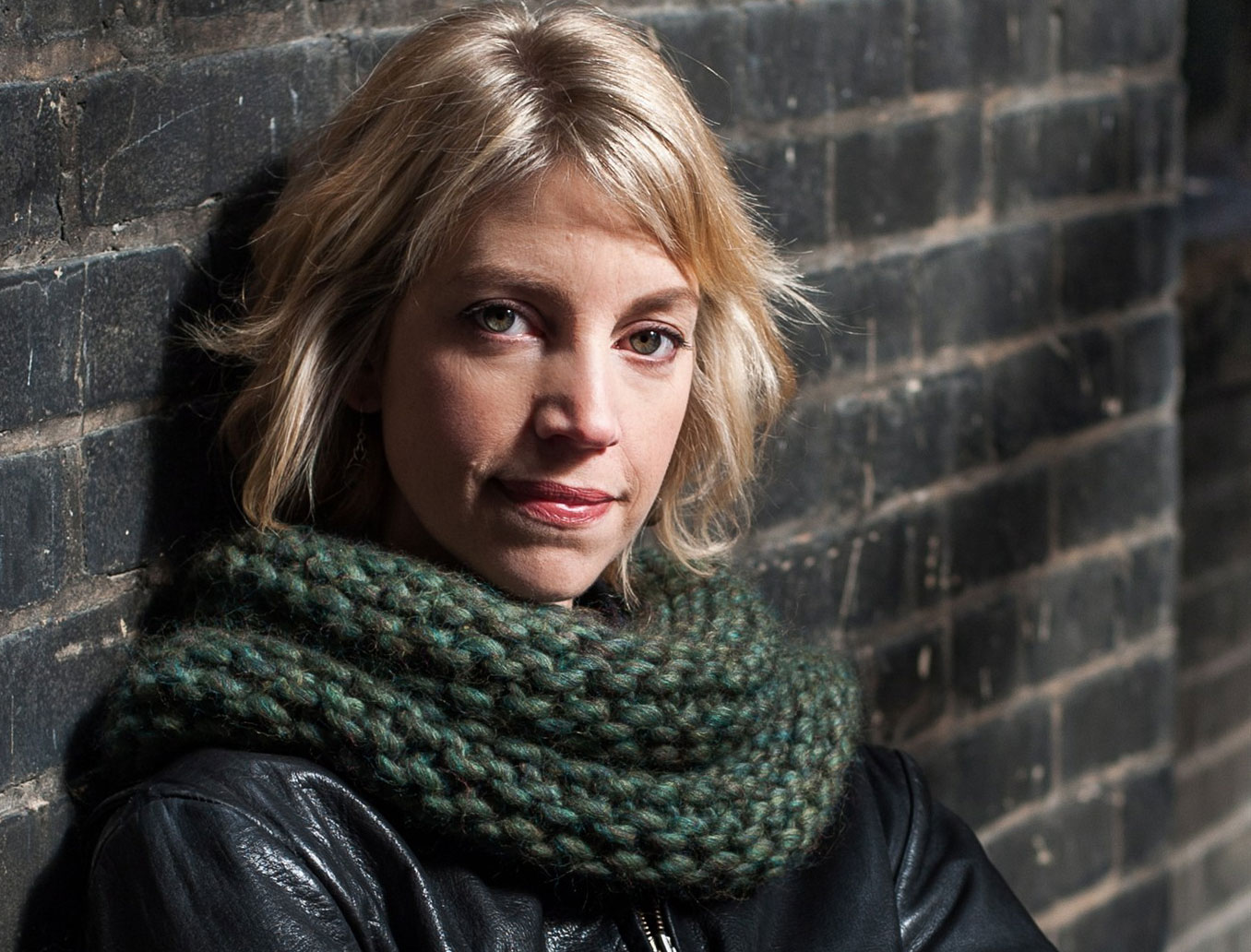

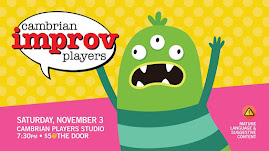
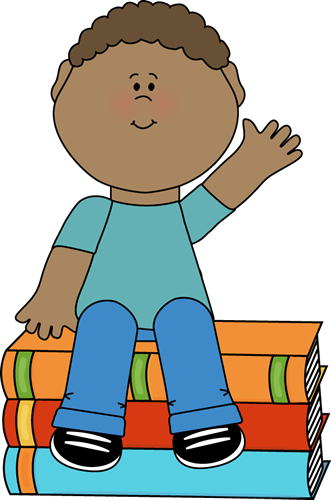
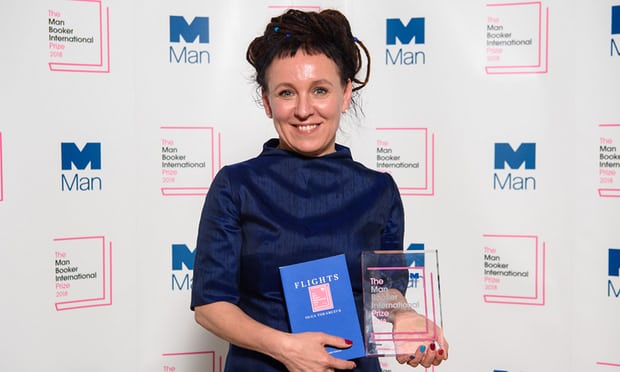

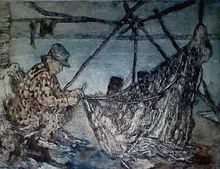

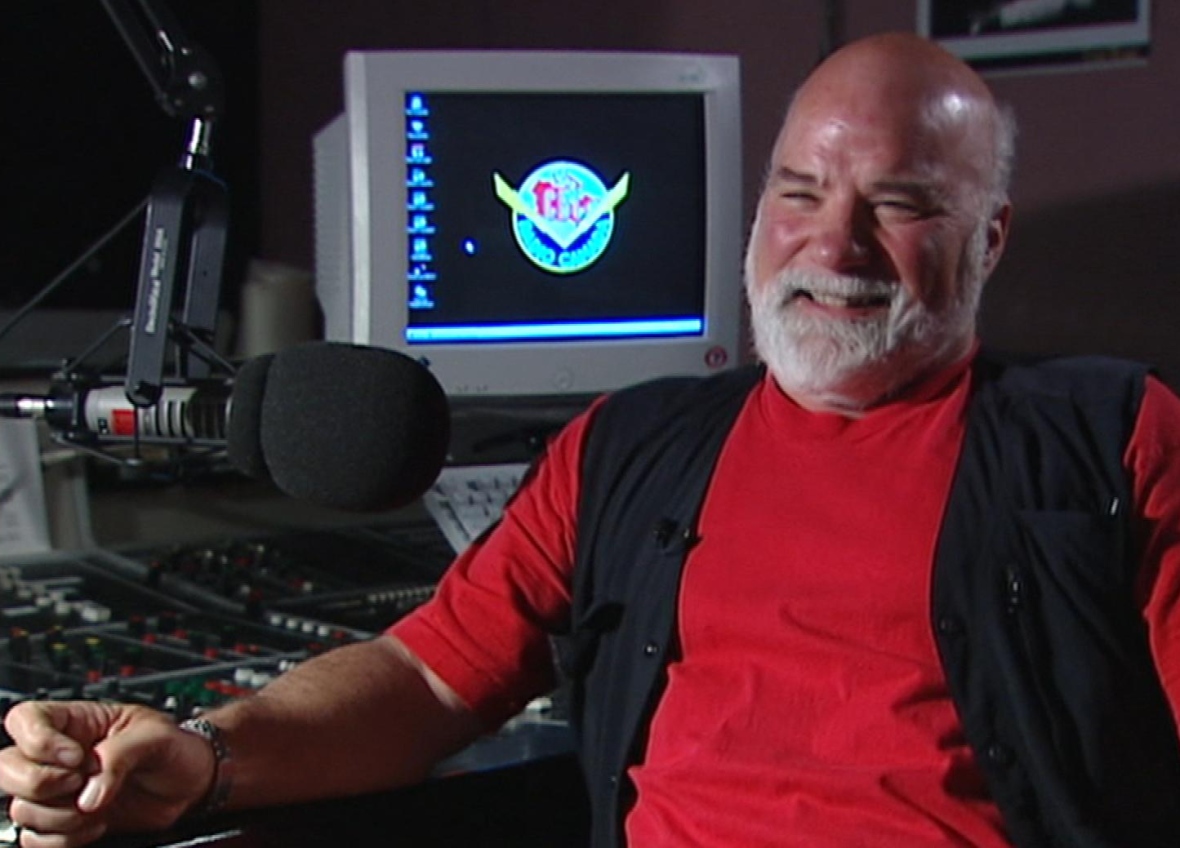
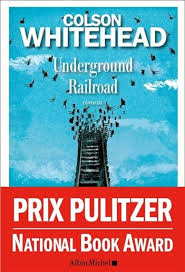

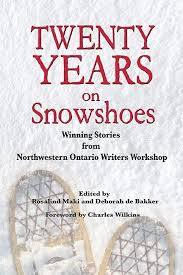






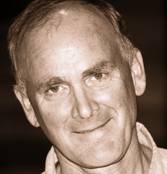

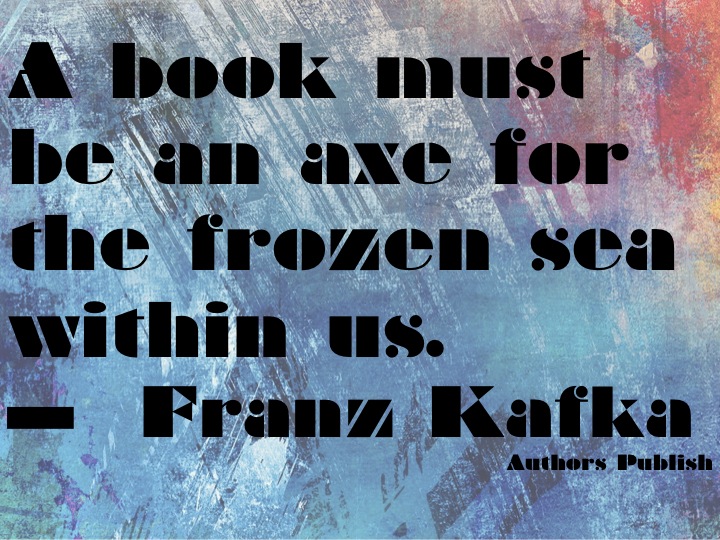

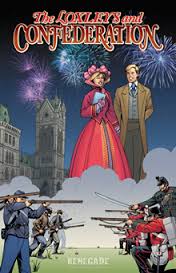
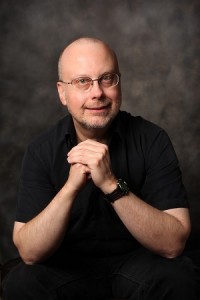
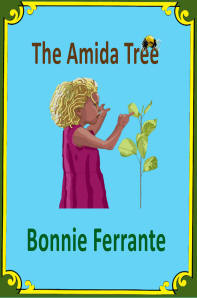
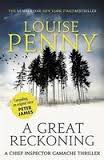


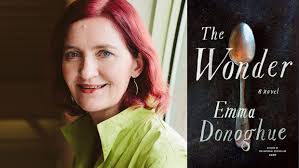



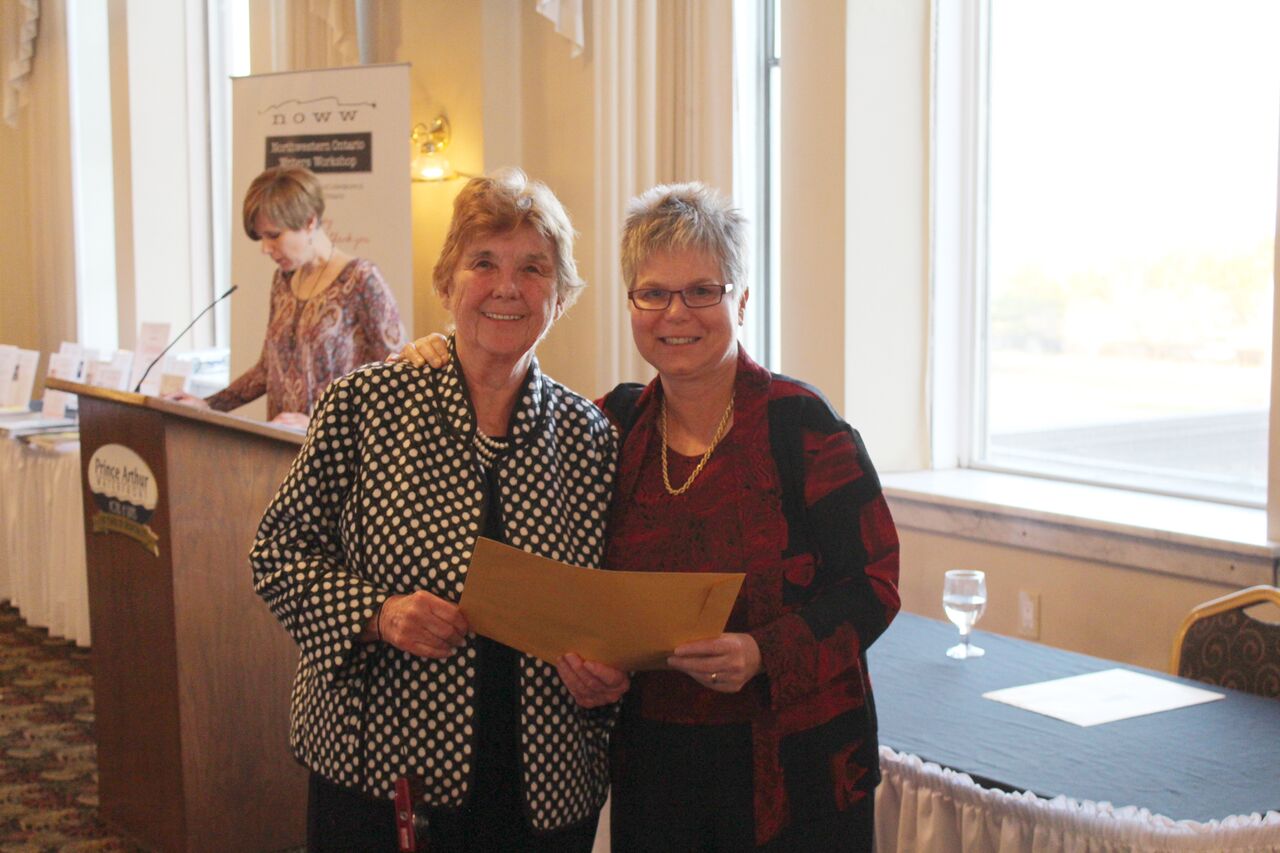








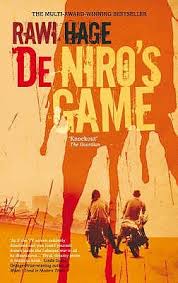

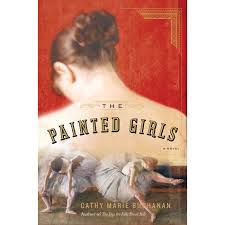
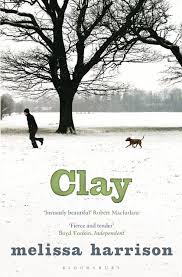




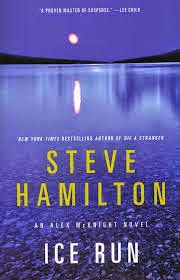
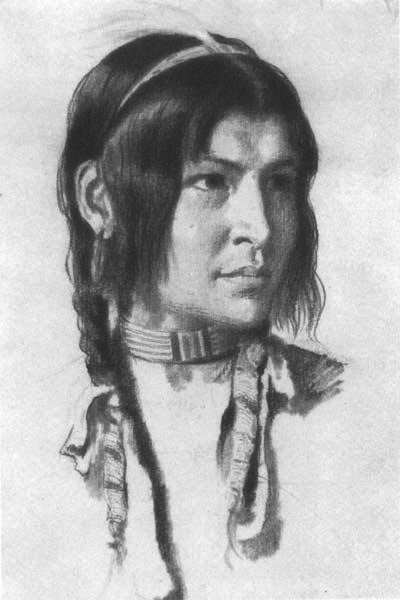


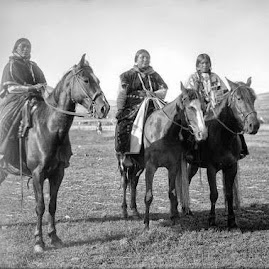
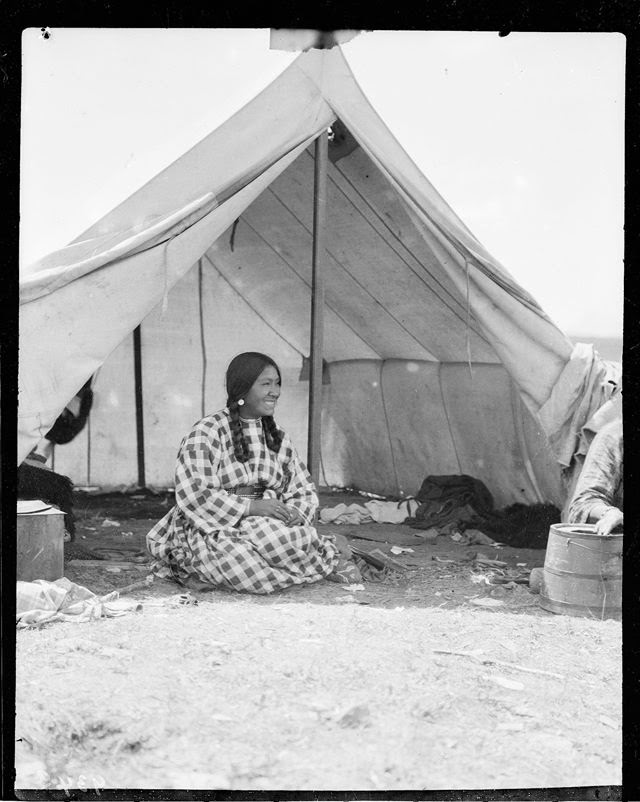
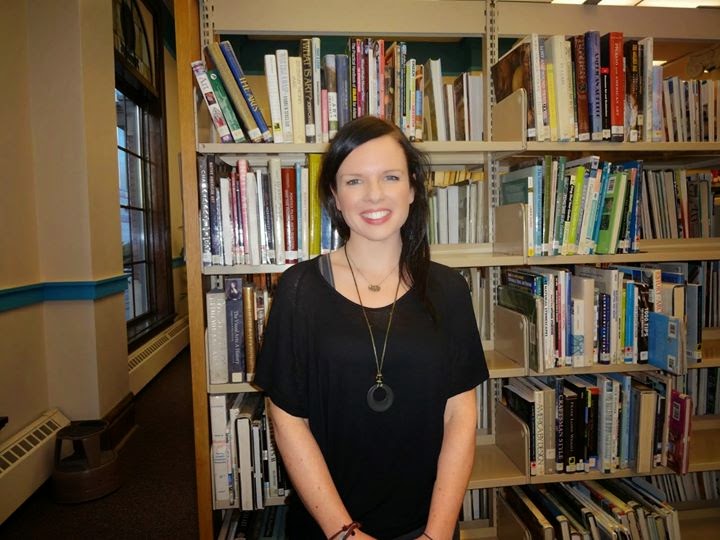
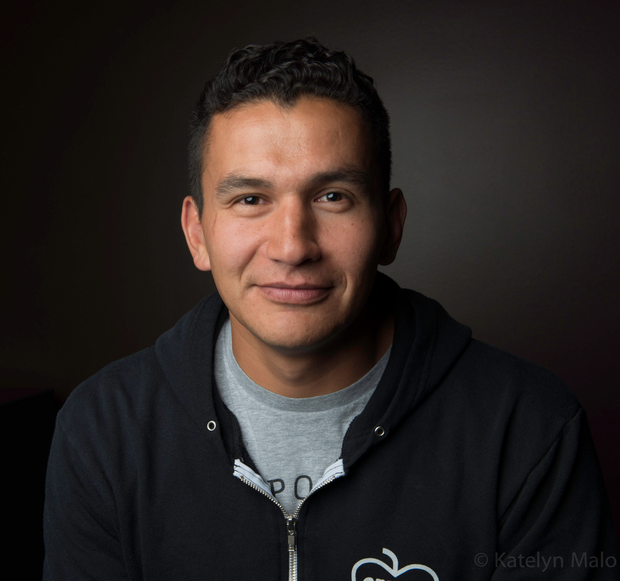


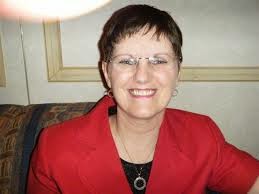
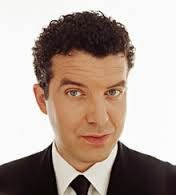

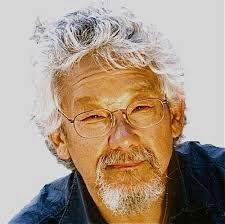



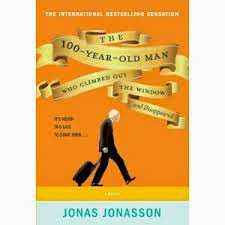

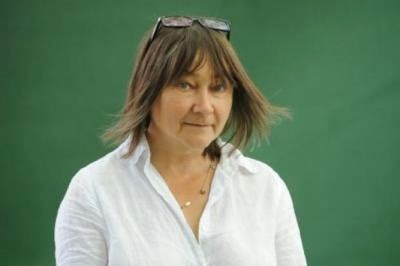

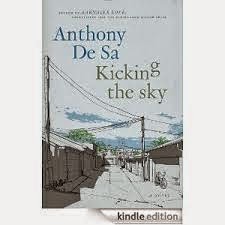
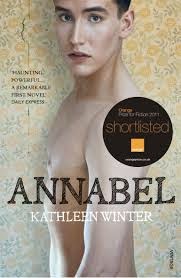








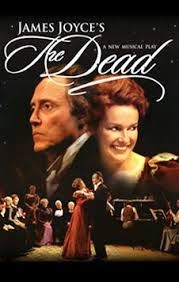
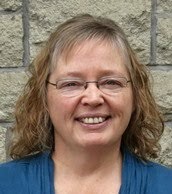
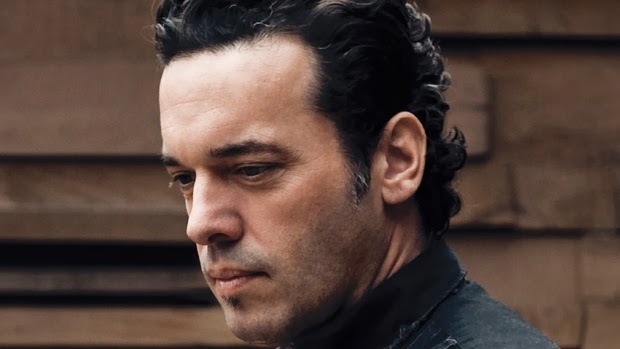
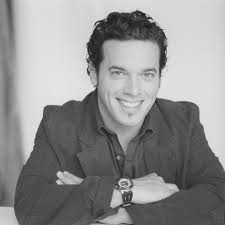
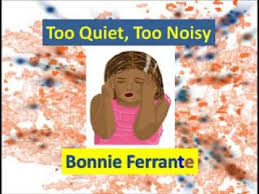




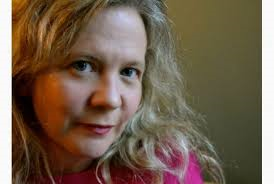
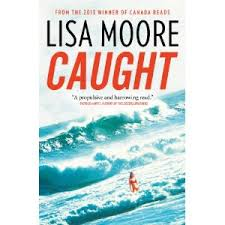

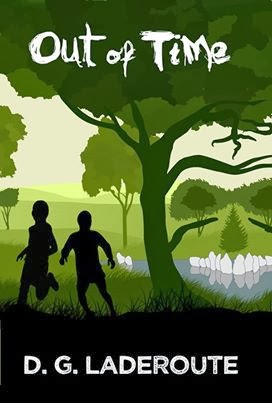
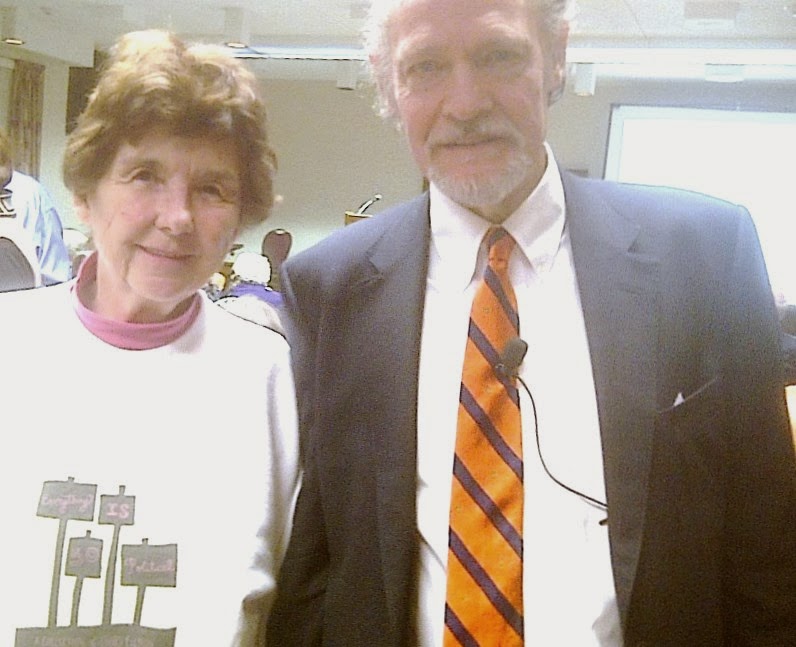








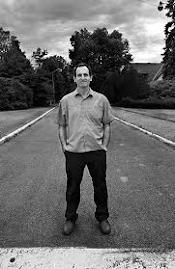






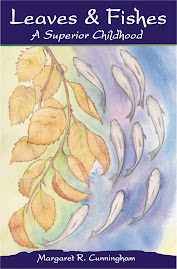
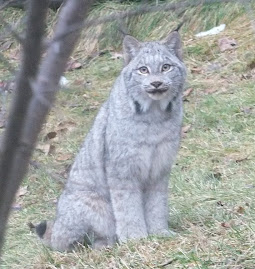
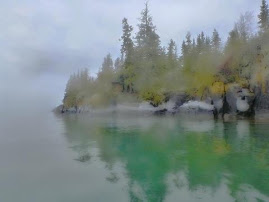
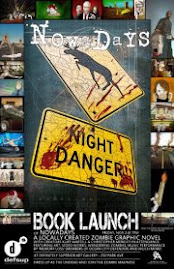



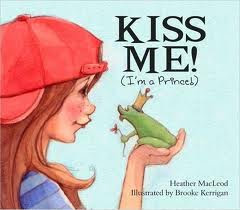

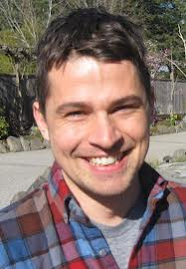
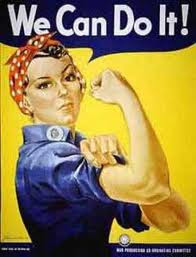

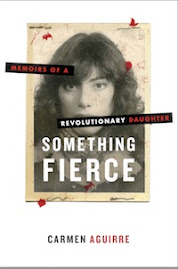

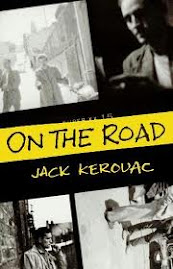

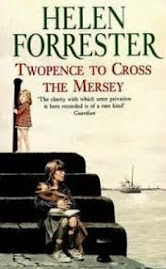
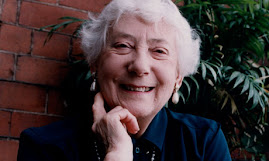



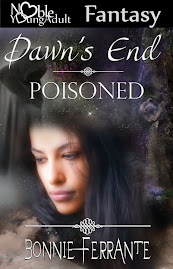
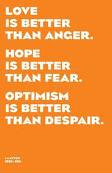
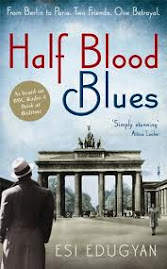
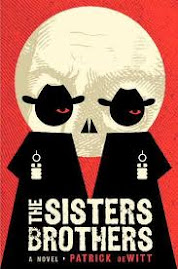
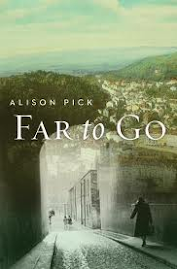

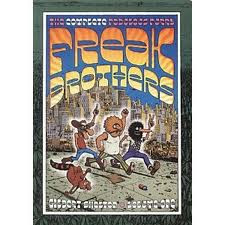
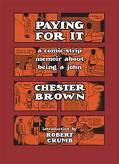
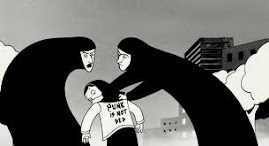
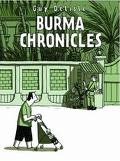

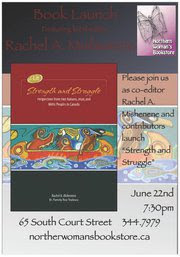

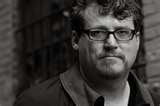

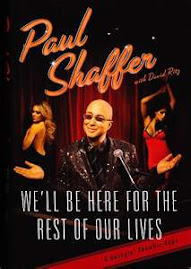














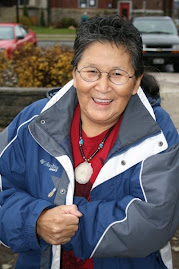










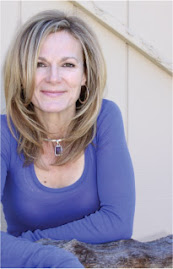

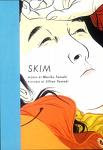
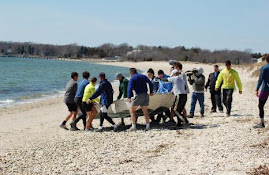

















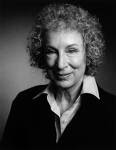









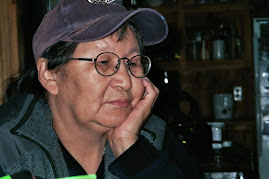




































No comments:
Post a Comment